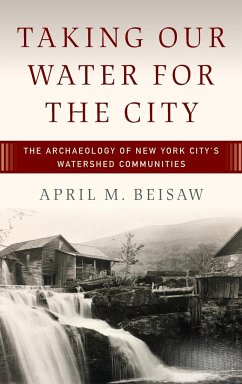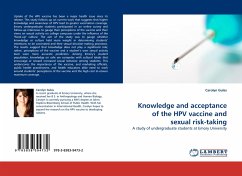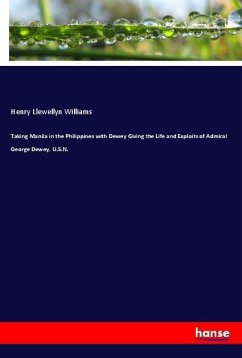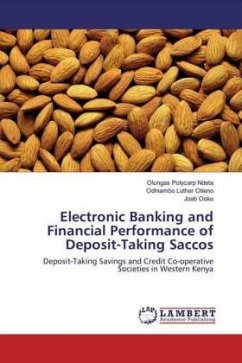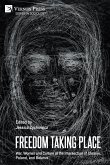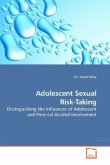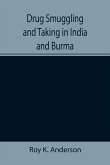Tap water enables the development of cities in locations with insufficient natural resources to support such populations. For the last 200 years, New York City has obtained water through a network of nineteen reservoirs and controlled lakes, some as far as 125-miles away. Engineering this water system required the demolition of rural communities, removal of cemeteries, and rerouting of roadways and waterways. The ruination is ongoing. This archaeological examination of the New York City watershed reveals the cultural costs of urban water systems. Urban water systems do more than reroute water from one place to another. At best, they redefine communities. At worst, they erase them.
Hinweis: Dieser Artikel kann nur an eine deutsche Lieferadresse ausgeliefert werden.
Hinweis: Dieser Artikel kann nur an eine deutsche Lieferadresse ausgeliefert werden.

